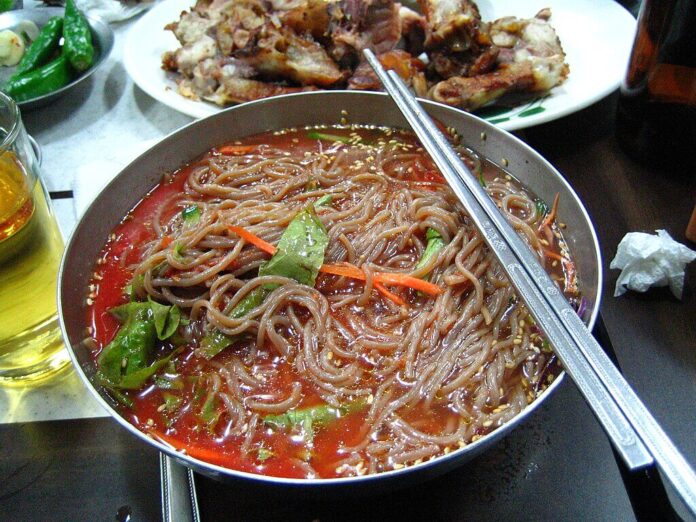The rising popularity of Korean cuisine, particularly Korean noodles, has created a significant growth opportunity for fast-moving consumer goods (FMCG) companies in India. This trend, which gained momentum during the pandemic, has now become a permanent fixture in the Indian market. According to data from the Ministry of Commerce & Industry, the import of Korean noodles in India grew by 162% in 2020 alone. This growth is expected to continue, with a projected increase of 178% in 2021. The popularity of Korean shows and music bands, along with the admiration for Korean culture, has played a significant role in driving the consumption of Korean food in India.
Indian FMCG companies are capitalising on the growing demand for Korean noodles by expanding their product offerings. They are not only listing multiple imported Korean products on marketplaces but also manufacturing them locally in India. This move aims to make Korean food products more affordable for Indian consumers. FMCG companies are importing authentic Korean noodles while sourcing 80% of their raw materials locally. This strategy allows them to maintain the authentic taste while reducing costs.
Several Korean FMCG brands and Indian brands selling Korean food have recognized the potential of the market and are actively participating in this growth opportunity. Brands like Nongshim, Samyang, and Paldo are among the most preferred Korean noodle brands in India. KS Foods, a company specialising in Korean ready-to-eat and ready-to-cook products, has witnessed a quadrupling of sales in the past four years. They import noodle packs from Korea and manufacture other Korean products locally in India.
While the demand for Korean noodles is on the rise, there are challenges associated with importing these products. The cost of importing is high, which limits the scope for lowering prices. However, the market potential is significant, especially in tier 1 Indian cities with higher income and customer awareness. E-commerce platforms like Amazon, Flipkart, and BigBasket have also leveraged this opportunity by making Korean noodles easily accessible to consumers.
RTM Watch’s Take
The growing popularity of Korean noodles in India presents a lucrative growth opportunity for FMCG companies. By expanding their instant noodles portfolio to include Korean noodles, companies can tap into the increasing demand and cater to the evolving preferences of Indian consumers. The trend of Korean cuisine and culture is here to stay, and FMCG companies should seize this opportunity to establish a strong presence in the market. With the right strategies and product offerings, FMCG companies can position themselves as key players in the Korean noodles segment and drive significant growth in the coming years.




































